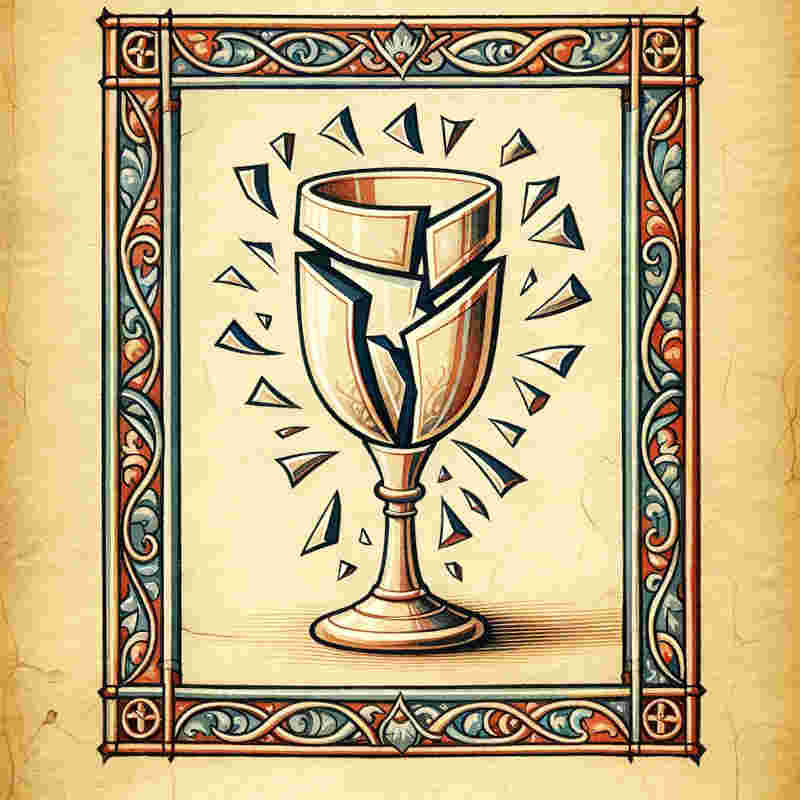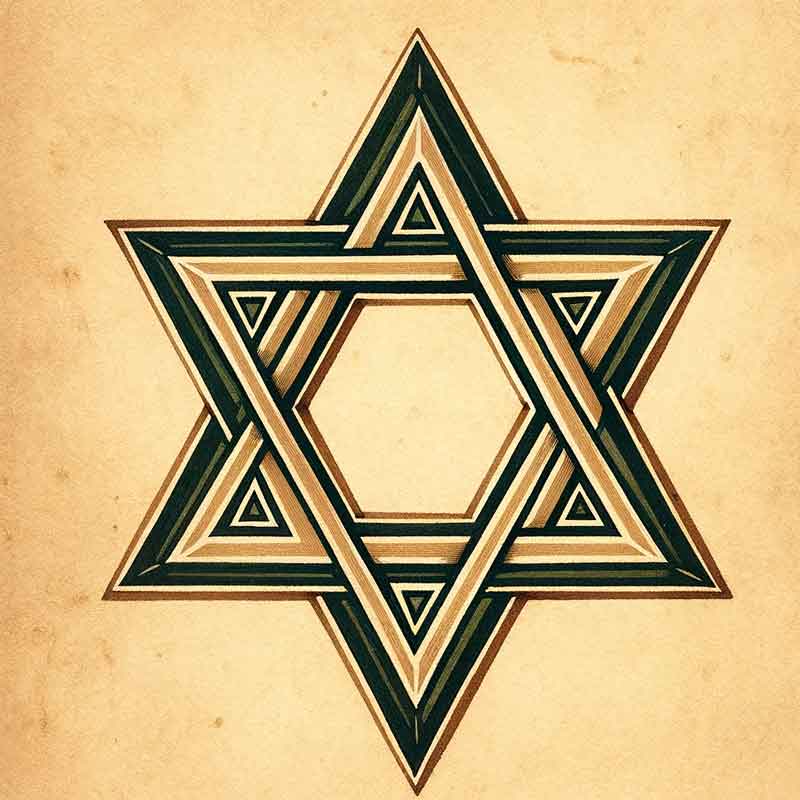Dear Rabbi Joshua,
I recently attended a Jewish wedding and witnessed the groom breaking a glass with his foot at the end of the ceremony. Could you please explain the significance of this tradition?
Warm regards,
Eliana Cohen
The Roots of the Tradition
Dear Eliana,
Thank you for your question. The breaking of a glass at a Jewish wedding is a practice rich with symbolism and historical significance. This act is traditionally carried out at the conclusion of a Jewish wedding ceremony.
Remembering the Destruction of the Temple
The most prevalent interpretation of this custom is to remind us of the destruction of the First and Second Temples in Jerusalem. Even at the height of personal joy, זכר לחורבן (Zecher L’Churban), meaning “in remembrance of the destruction,” is evoked to recall the profound loss that our people have experienced. This is based on the verse from Psalms 137:5-6, where the psalmist declares: “If I forget you, O Jerusalem, let my right hand forget its skill! Let my tongue cling to the roof of my mouth if I do not remember you, if I do not consider Jerusalem my highest joy!”
A Symbol of Fragility and Permanence
The breaking of the glass also symbolizes the fragile nature of relationships. Just as the glass shatters with ease, so can the bond between husband and wife be broken if not cared for. This serves as a stark reminder to the couple to treat their relationship with care and respect. Conversely, it also symbolizes the permanence of marriage, as the broken glass cannot be restored to its original state, so too should the marriage be an irrevocable bond.
A Moment of Joy
Another layer of this tradition is the expression of joy. The sound of the glass breaking is often followed by a shout of “Mazel tov!” from the guests, a phrase which means “good luck” or “congratulations.” This exclamation transforms the moment into one of collective celebration, signaling the end of the ceremony and the beginning of the wedding festivities.
Conclusion
In summary, the breaking of the glass is a multifaceted tradition that encapsulates remembrance, the recognition of life’s delicate balance, and the joyous commencement of a new chapter in the couple’s life together. It is a profound moment that connects the individual’s personal happiness to the collective history and future of the Jewish people.
May the memory of Jerusalem be interwoven with the threads of joy in every Jewish home, and may the shards of glass at a wedding remind us of our resilience and commitment to one another.
Blessings,
Rabbi Joshua



